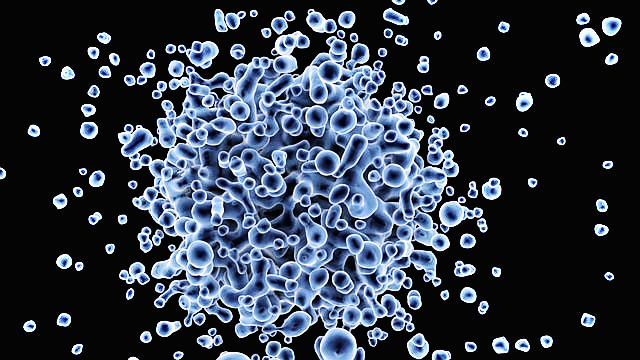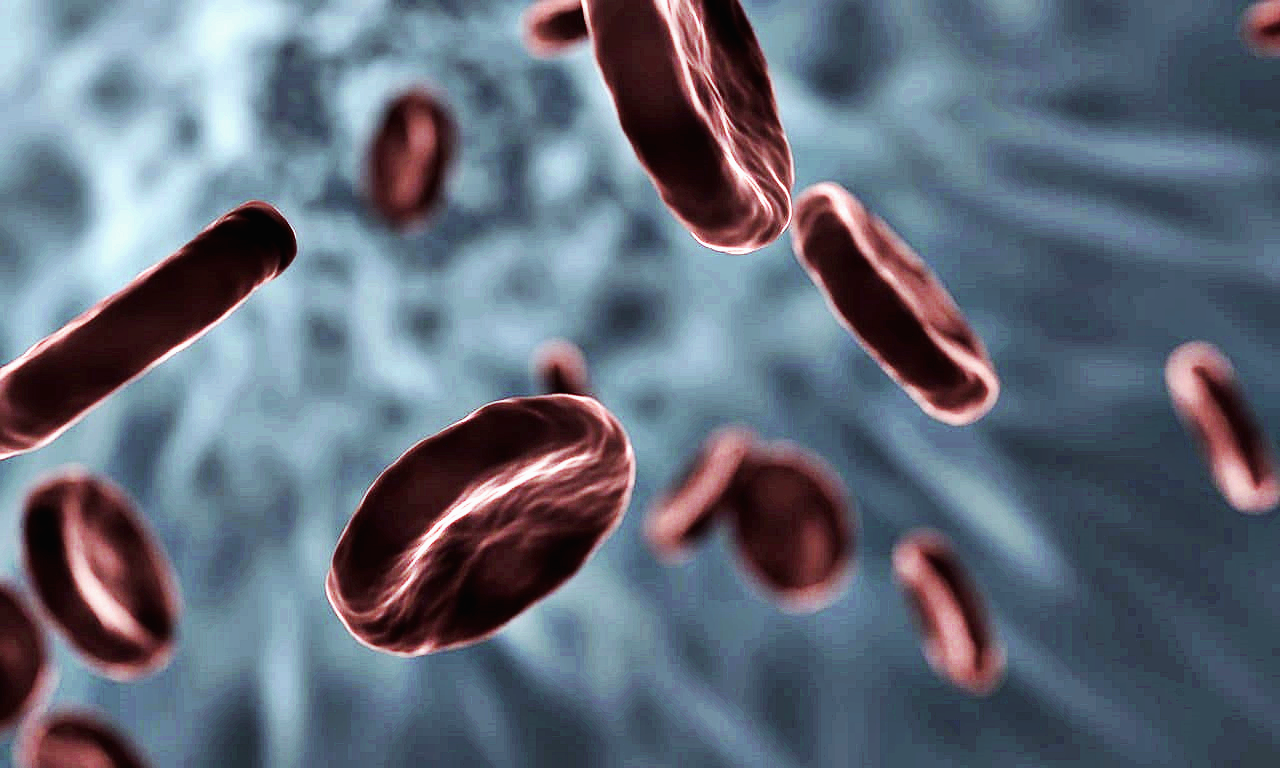The Role of Microorganisms in Human Health Friend or Foe
The intricate relationship between microorganisms and human health is a subject that has garnered much attention in recent years. These microscopic entities, which include bacteria, viruses, fungi, and protozoa, exist in and on the human body, constituting a vast ecosystem known as the microbiome. While some microorganisms are essential for maintaining health, others can be harmful, leading to illness and disease. Thus, understanding whether microorganisms serve as friends or foes in human health is crucial for comprehensively approaching wellness and disease prevention.

The Microbiome: Our Hidden Allies
To understand the role of microorganisms in human health, it is vital first to recognize the microbiome's complexity. The human microbiome comprises trillions of microorganisms that inhabit various body parts, including the gut, skin, mouth, and respiratory tract. These microbes play a fundamental role in digestion, immunity, and even mental health, highlighting their importance to overall well-being.
Research has shown that the gut microbiome, in particular, serves as a cornerstone for health. It assists in breaking down complex carbohydrates, producing essential vitamins, and training the immune system. For instance, beneficial bacteria such as Lactobacillus and Bifidobacterium help in the fermentation of dietary fiber, leading to the production of short-chain fatty acids that are vital for gut health. This nutrient not only nourishes gut cells but also exerts anti-inflammatory effects throughout the body.
Furthermore, the microbiome acts as a barrier against pathogens. By occupying available niches and competing for nutrients, beneficial microbes can prevent harmful microorganisms from establishing themselves. This protective role is crucial as it helps safeguard the body from infections that could lead to significant health issues.
Interactions between Microorganisms and the Immune System
The relationship between the microbiome and the immune system is a fascinating area of study. The microbes present in our bodies help calibrate immune responses, ensuring that they are neither too weak to fend off infections nor too strong to cause autoimmune diseases. This delicate balance is vital for maintaining homeostasis.
Research indicates that children exposed to a diverse range of microbes in their early years develop stronger immune systems. This concept is sometimes referred to as the "hygiene hypothesis," suggesting that reduced microbial exposure due to increased cleanliness and reduced outdoor activity may contribute to a rise in allergies and autoimmune diseases.
Conversely, when potentially harmful microorganisms manage to breach the body's defenses, they can trigger inflammatory responses, leading to various diseases. For instance, pathogenic strains of E. coli can cause gastrointestinal infections, while certain strains of Staphylococcus aureus can lead to skin infections. Understanding these interactions is crucial for developing strategies to bolster the immune system against such threats.
Microorganisms and Mental Health
<pInterestingly, the impact of microorganisms extends beyond physical health; they also play a role in mental well-being. The gut-brain axis is a relatively new area of research that explores the connection between gut microbiota and mental health. Emerging studies suggest that imbalances in gut bacteria may be linked to mental health disorders such as anxiety and depression.
For instance, certain gut bacteria produce neurotransmitters, including serotonin, which regulates mood and behavior. A reduction in beneficial gut bacteria can subsequently lead to reduced levels of serotonin. Studies have shown that individuals with depression often exhibit a less diverse gut microbiome, pointing to the potential influence of microorganisms on emotional health.
The Rise of Antibiotic Resistance
While many microorganisms contribute positively to human health, there is a significant concern regarding antibiotic resistance. The overuse and misuse of antibiotics have led to the emergence of antibiotic-resistant strains of bacteria, posing a considerable public health threat. This issue not only complicates treatment for common bacterial infections but also puts patients undergoing surgeries and invasive procedures at risk.
Antibiotics can indiscriminately kill both harmful and beneficial bacteria, leading to dysbiosis (microbial imbalance) within the microbiome. This disruption can allow pathogenic bacteria to thrive and establish infections that are more challenging to treat. Addressing antibiotic resistance requires a multi-faceted approach, including judicious use of antibiotics, enhanced infection control practices, and continued research into alternative therapies.
Probiotics: Microorganisms as Therapeutic Agents
In light of the beneficial roles microorganisms play, probiotics have emerged as a popular solution to restore balance in the microbiome. Probiotics are live microorganisms that, when administered in adequate amounts, confer health benefits to the host. They are commonly found in fermented foods like yogurt, kefir, and sauerkraut.
Research has demonstrated that probiotics can aid in various health conditions, including digestive disorders, irritable bowel syndrome, and even certain skin conditions. They enhance gut health, support the immune system, and may even have a role in improving mental health outcomes. However, it is essential to choose high-quality probiotic supplements, as not all strains are equally effective.

The Role of Prebiotics
Alongside probiotics, prebiotics are integral to maintaining a healthy microbiome. These are non-digestible fibers that feed beneficial gut bacteria, promoting their growth and activity. Common sources of prebiotics include garlic, onions, bananas, and asparagus.
Prebiotics provide numerous health benefits, including improved digestion, enhanced immune function, and greater mineral absorption. By fostering a diverse and thriving microbial population, prebiotics contribute to overall health and well-being.
The Impact of Diet on the Microbiome
Diet is one of the most significant factors influencing the composition of the microbiome. A diet rich in whole foods, including fruits, vegetables, whole grains, and fermented products, can promote microbial diversity and support the growth of beneficial bacteria. Conversely, a diet high in processed foods, sugars, and unhealthy fats can lead to dysbiosis and an increased risk of various diseases.
Studies have shown that the Mediterranean diet, characterized by high consumption of plant-based foods, healthy fats, and moderate amounts of fish and poultry, is associated with a healthier gut microbiome. This dietary pattern not only supports beneficial microbes but also has been linked to reduced inflammation and improved health outcomes.
The Influence of Lifestyle Factors
In addition to diet, various lifestyle factors impact the microbiome. Regular physical activity promotes microbial diversity, while stress can have adverse effects on gut health. Chronic stress is known to alter gut microbiota composition, potentially leading to gastrointestinal issues and increased susceptibility to infections.
Moreover, sleep plays a crucial role in maintaining a healthy microbiome. Sleep deprivation can negatively impact microbial diversity and disrupt the balance of beneficial bacteria. Prioritizing adequate sleep, combined with a balanced diet and regular exercise, can contribute to a flourishing microbiome.

Conclusion: Navigating the Microbial World
In summary, the role of microorganisms in human health is multifaceted, serving as both friends and foes. While beneficial microbes support digestion, bolster the immune system, and influence mental health, harmful pathogens can lead to infections and disease.
As we continue to explore the vast complexities of the microbiome, it becomes increasingly clear that maintaining microbial balance is pivotal for overall health. Understanding the integral roles of probiotics and prebiotics, the impact of diet and lifestyle, and the challenges posed by antibiotic resistance is essential for harnessing the benefits of microorganisms while mitigating their potential risks.
댓글